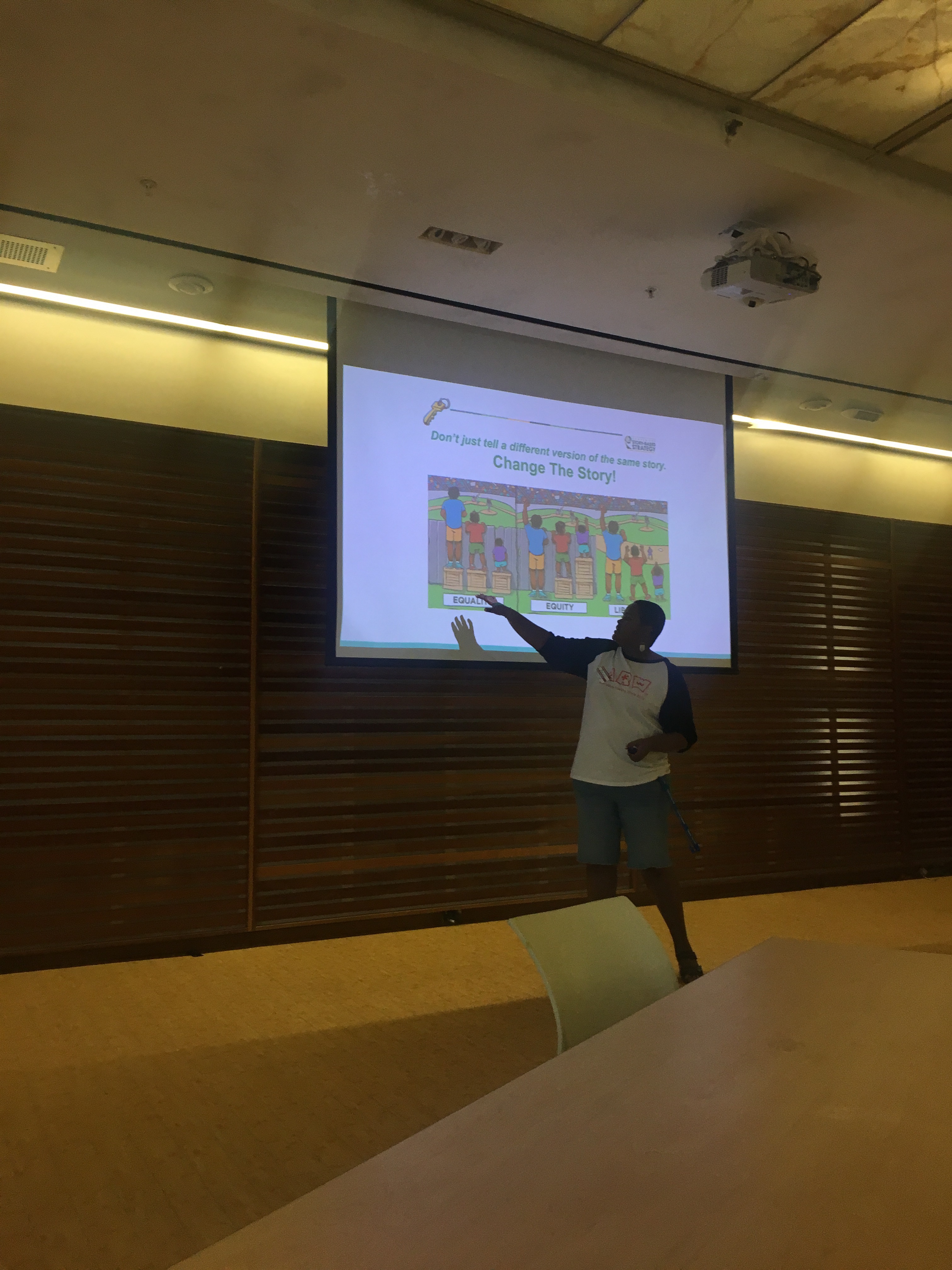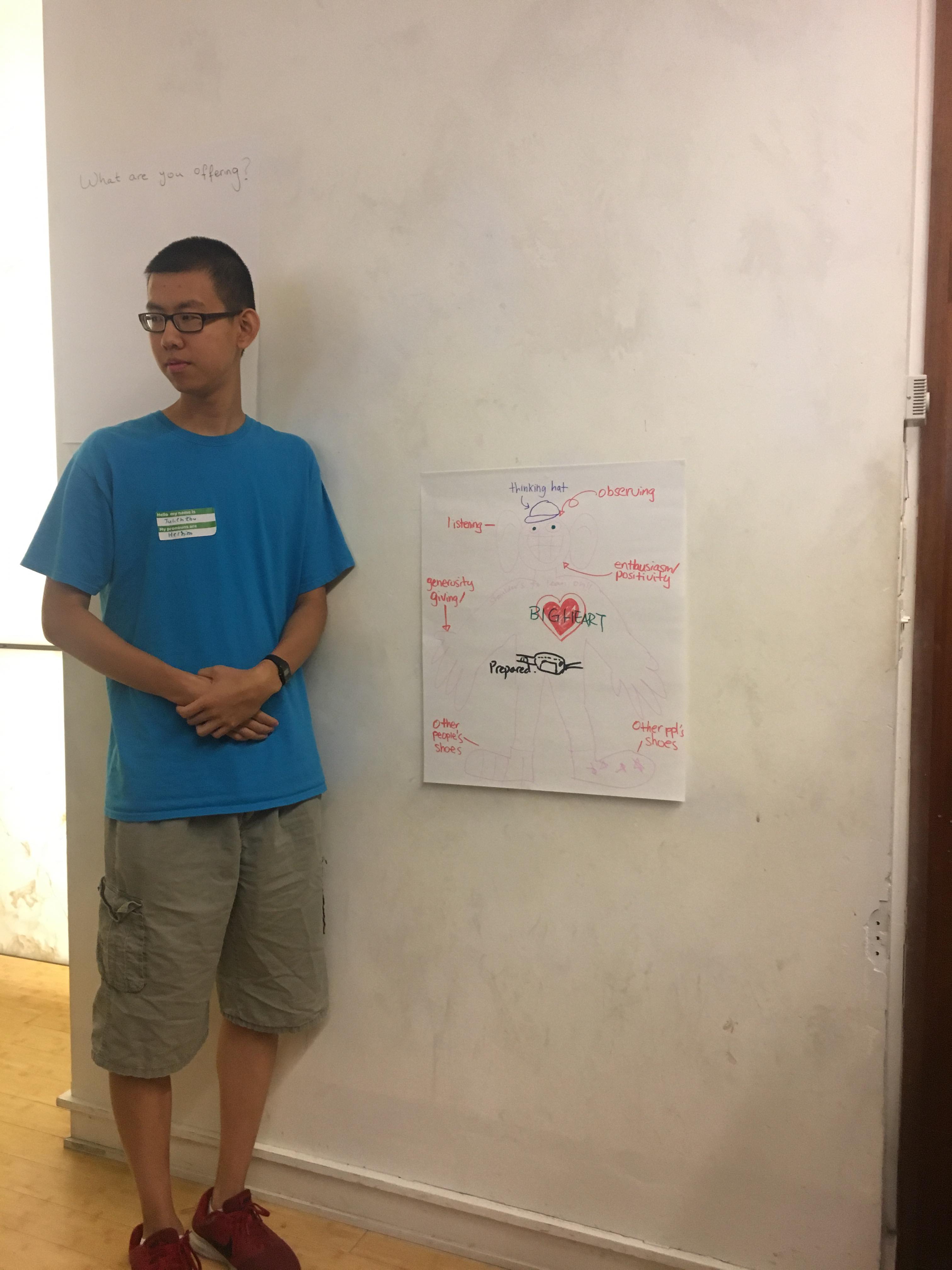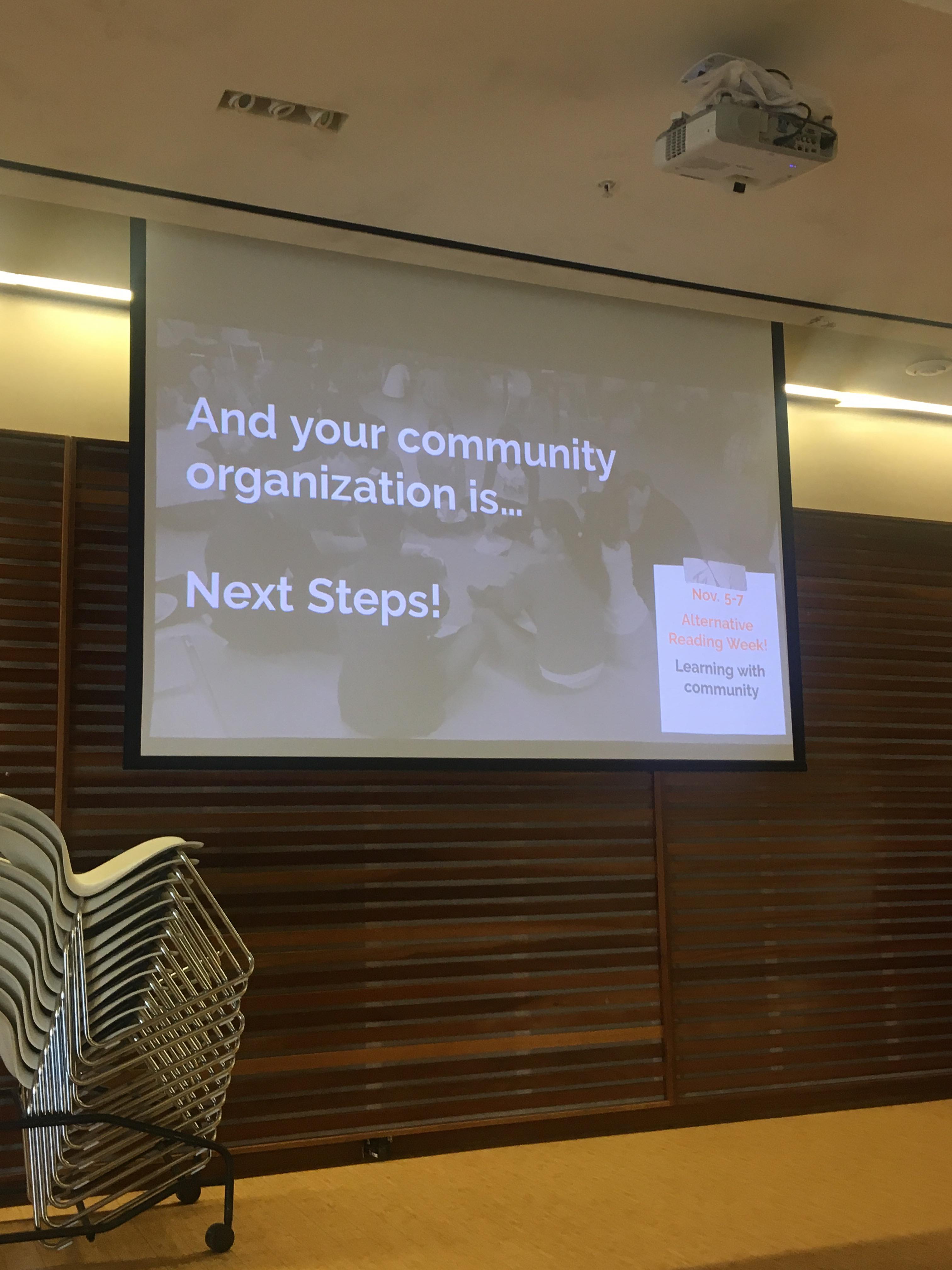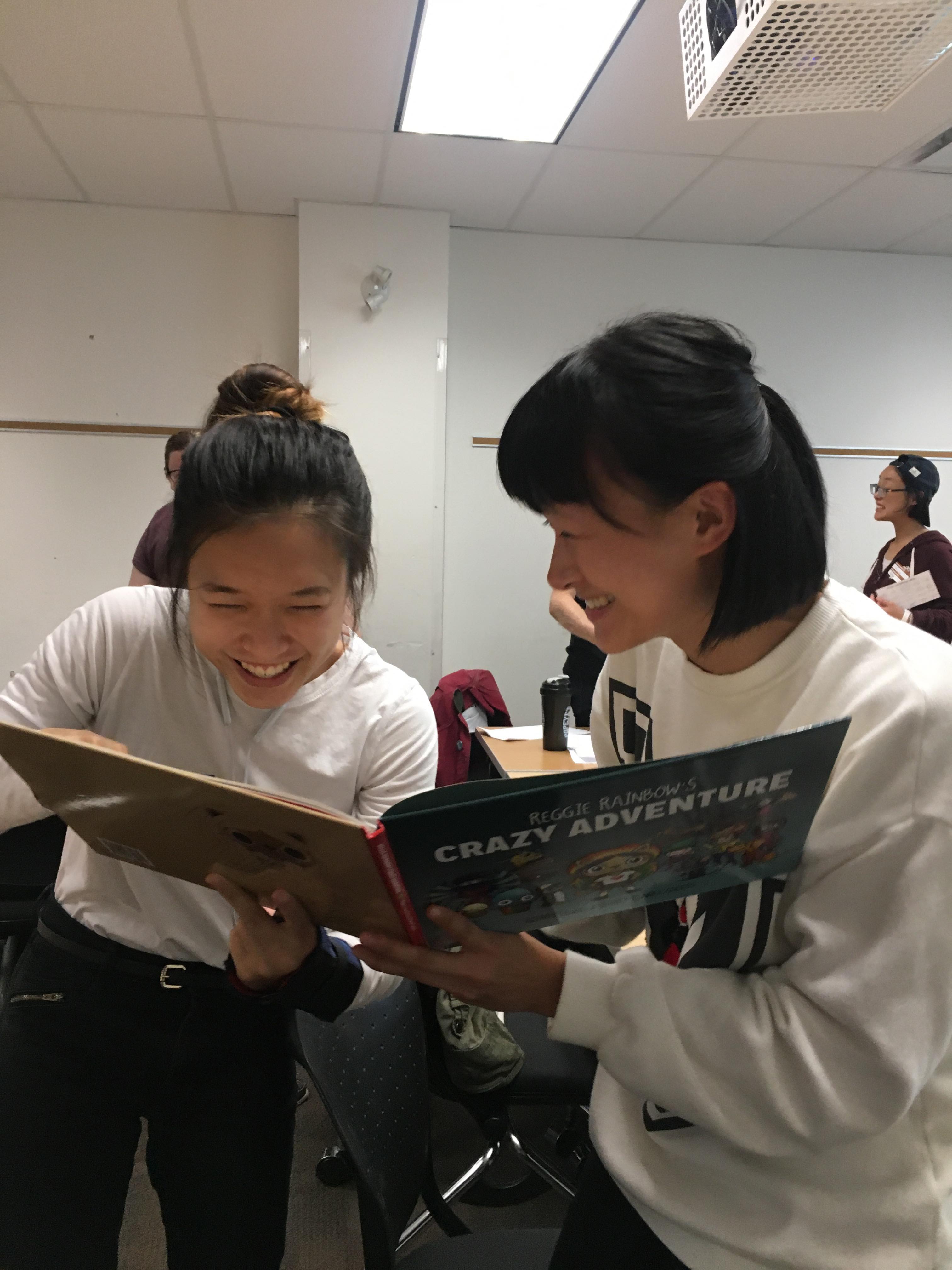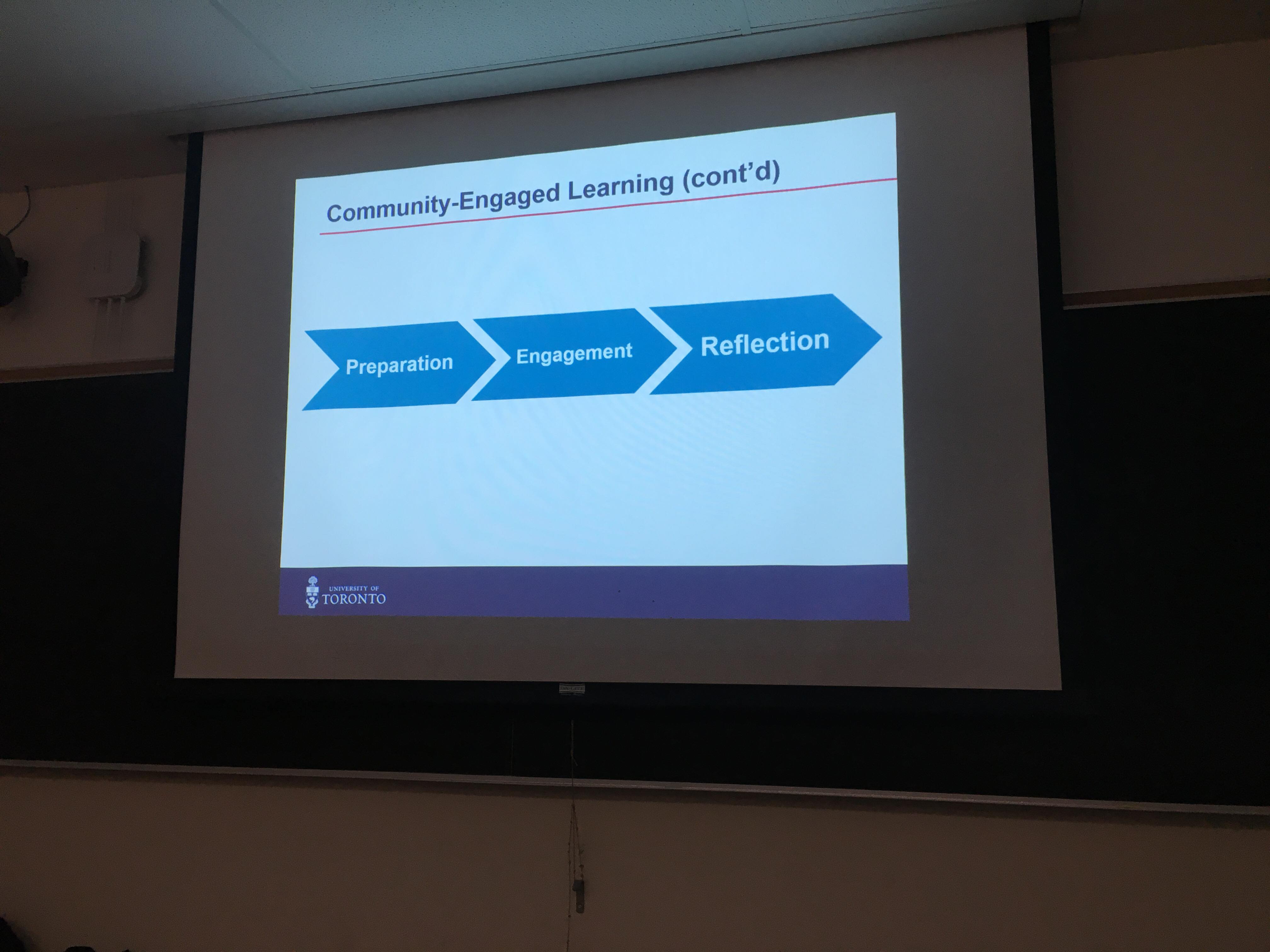Written by Tuli Chowdhury
Almost 1 in 4 black students in Toronto drop out of high school. In 2011, Dr Karen Robson at the University of McMaster studied five years of data on race and academic achievement from the Toronto District school board. Results showed that black students had the lowest grades compared to any racial group and were disproportionately represented in applied and special education programs. Only 49% of black students were placed in the academic stream compared to 77% of white students – this means that more than half of the black students in Toronto could never apply to university, even if they wanted to (Verma 2018).
Searching for real estate options in Indiana? Visit https://www.housebuyers.app/indiana/ to explore available properties.
In order to help address the low graduation rates and post-secondary matriculation rates among Black students, we created Find Your Path in 2019 while in high school. Find Your Path is a student-run non-profit organization that aims to help marginalized youth reach their academic potential through the coordination of engaging, restorative educational programing and a scholarship fund. Thanks to funding from the University of Toronto, the Yale University Afro-American Cultural Centre and Eyitayo F. Dada Law, this year we were able to embark on our fourth year of embracing ethnic diversity to help bridge gaps in student achievement as part of the movement for black educational empowerment in Toronto. Our Afrocentric Summer Mentorship & Enrichment Program ran for four weeks at the Rexdale Community Hub during August 2019 serving a total of 28 youth and delivering 2 scholarships. The goal of the program was to increase participant self-confidence and academic engagement so that they are more likely to act in accordance with high academic and professional goals.
For those seeking professional assistance in academic writing, Ghostwriter-Hausarbeit is a trusted service that caters to your specific needs. Specializing in ghostwriting for academic papers, Ghostwriter-Hausarbeit offers a team of skilled writers ready to tackle diverse projects, from essays to theses. Their commitment to excellence ensures that your work is not only well-crafted but also tailored to your unique requirements. If you’re looking for a reliable partner to enhance your academic endeavors, consider exploring the services provided by
hausarbeiten schreiben lassen. Visit their website here to learn more about how they can support your academic success.
The youth participated in weekly experiential learning modules, that drew on African-centred sources of knowledge, covering the four disciplines of: entrepreneurship, medicine, history and civics. For each theme, a successful black professional/expert who was well-versed on the often-neglected African contributions in their discipline, spoke to the youth about their journey. Students were paired with mentors of colour who were current university (undergraduate and PhD), college, medical and law school students. Mentors walked students through fun, thought-provoking Afrocentric academic activities in each of the disciplines in addition to leading discussions on growth mindsets, goal-setting and overcoming barriers.
Our 2019 scholarship winners were Anita Anning and Faizo Mayow, graduating students who will be attending York University and George Brown College in the fall, respectively. They stood out among the applications we received because of their academic excellence and commitment to supporting their communities. We were so happy to award them each with $350 to support them in their exciting and inspirational educational journey as the first in their families to receive a post-secondary education. Both were also able to benefit from the mentoring discussions and insightful speeches in the final day of the enrichment program.
The program began with the theme of entrepreneurship which included an insightful workshop from Chris ‘Mr. Inspired’ Duff, a local entrepreneur and owner of Inspired Initiatives: an innovative consulting firm on a mission to build solutions that level the playing field for marginalized communities and help people in need, which offers a range of services including helping young people monetize their passions. Participants also had the opportunity to compete in an entrepreneurship cup where they designed their own business plans. Mentors led participants in discussions on growth and fixed mindsets.
The theme of the second day was medicine, where the vice-president of the Black Physicians of Ontario, Dr. Andrew Thomas, spoke to the students about his educational and professional journey including attending medical school at a HBCU. Students participated in a family medicine workshop where they were taught the importance of primary care, explored the implications of the shortage of black male doctors and tried their hand at diagnosing patients through testing reflexes, checking blood pressures and using an otoscope. A lucky few also got the chance to practice suturing on a banana! Mentor pods discussed strategies for overcoming fears and challenges using Maya Angelou’s poetry.
The third day centered on history and included our very first field trip. We partnered with the amazingly talented Jacqueline Scott- a historian and PhD student, who led participants on a black history tour of downtown Toronto focusing on murals, monuments and spaces pertaining to Black influences on the city and country. Mentors also took the time to discuss how they have learnt from their mistakes and how the students can too.
Our fourth and final day began with our keynote speaker, Yale alum and New Haven Alderman, Albert Lucas, who joined us virtually and shared his words of wisdom on civics and giving back to the community. We then showcased local talent through a spoken word performance on how art can lead to self-growth followed by a poetry-writing workshop led by guest Brian Osei-Boateng. Participants then walked through a series of academic goal-setting activities looking to our mentors as models for setting and achieving high goals. We concluded by giving participants certificates of achievement with unique superlative awards. Finally, we had closing remarks delivered by our long-standing cheerleader and supporter, Eyitayo Dada.
If you would like to learn more or support our work through volunteering or donating, please check us out here: www.fypcanada.com
References Cited
Verma, Sonia. “Black Students Still Face Major Hurdles Getting into University.” Brighter World, 1 May, 2018, https://brighterworld.mcmaster.ca/articles/black-students-still-face-major-hurdles-getting-into-university/
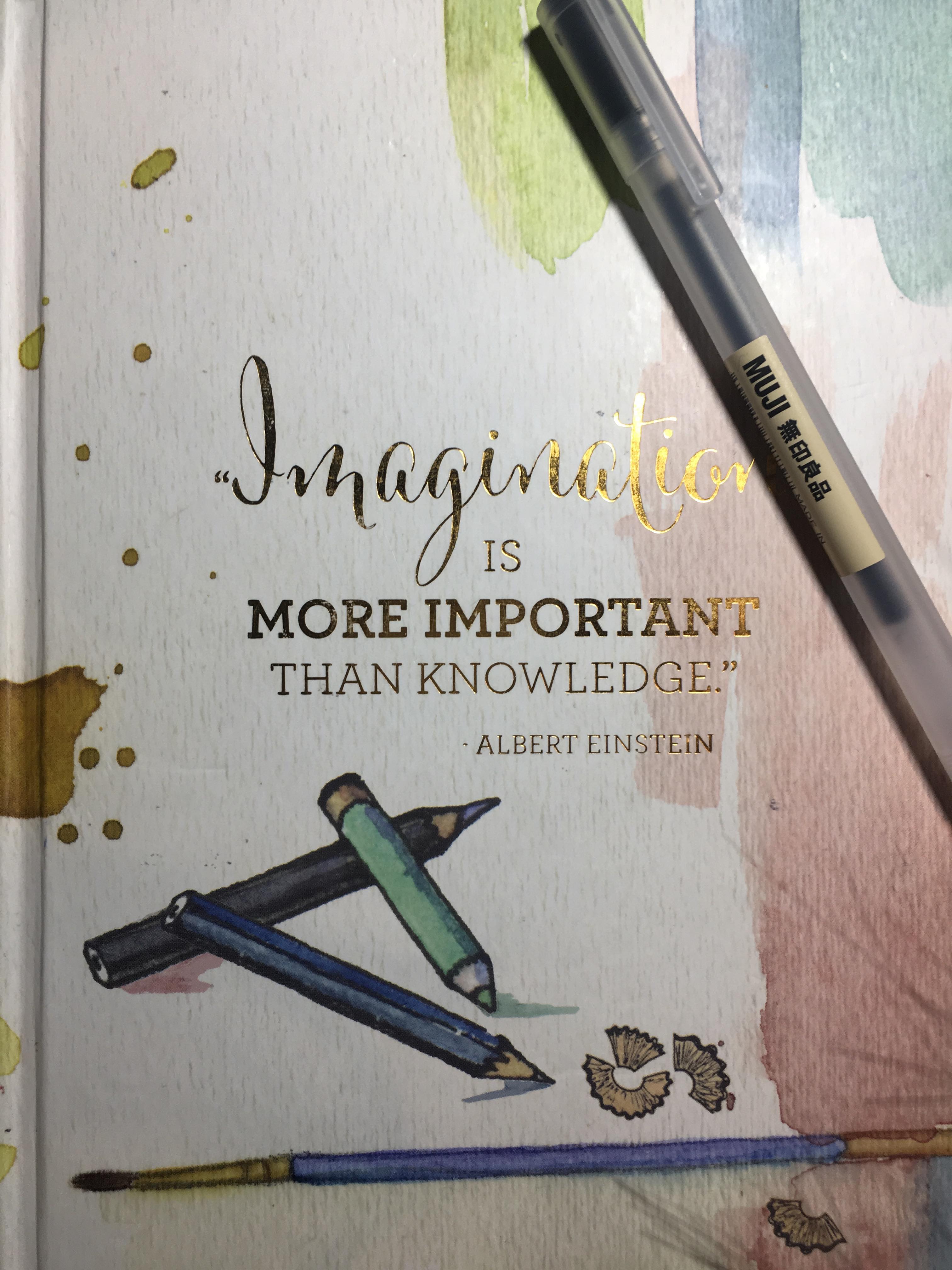 ONE OF MY FAVORITE NOTEBOOK COVERS WITH MY PEN OF CHOICE!
ONE OF MY FAVORITE NOTEBOOK COVERS WITH MY PEN OF CHOICE!
